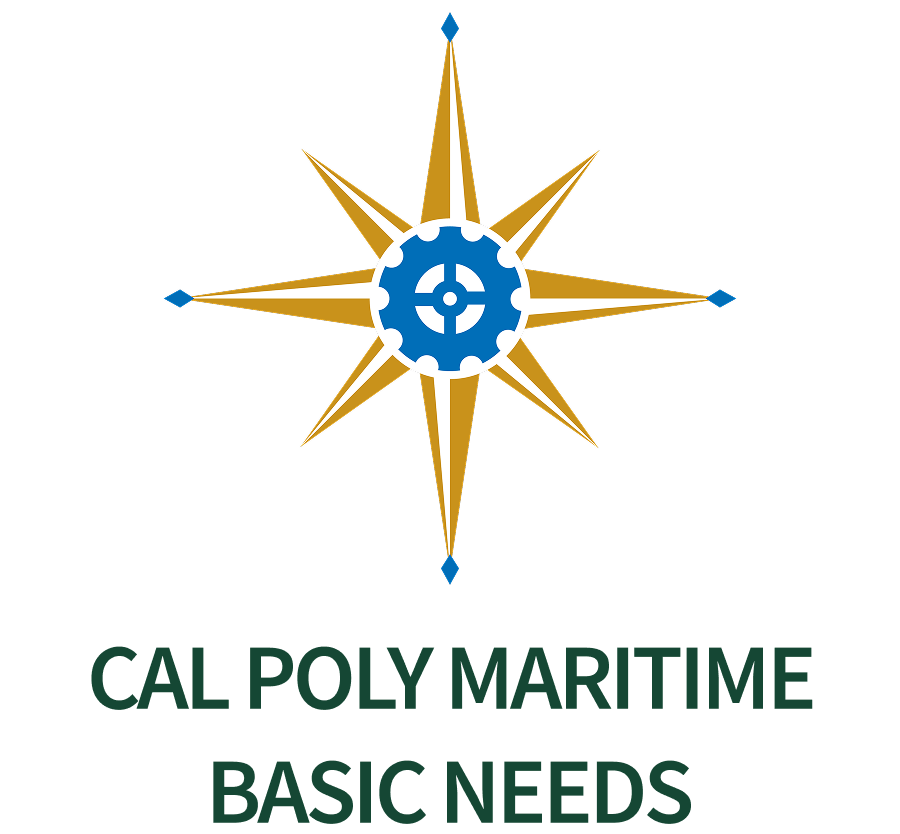Basic Needs Support

Cal Poly’s Basic Needs programs seek to ensure that all students have access to the resources needed to focus on education and success at Cal Poly. In 2024, the American College Health Association National College Health Assessment found that 39.5% of Cal Poly respondents experienced food insecurity in the last 30 days. The Basic Needs Initiative is committed to fostering an equitable environment that honors the well-being of the Cal Poly community through intentionality and innovation.
 |
 |
 |
 |
 |
 |
 |
 |
 |
Cal Poly Basic Needs
Reports and Recommendations
Initiative
Critical to student success at the CSU, the Basic Needs Initiative takes a holistic look at students’ well-being both inside and outside the classroom, from housing and food security to mental health. We’re working together to find better ways support our students on their path to graduation. View the CSU Study of Student Basic Needs.
Senate Bill 85
In March 2018, thanks to Senate Bill 85 the California State University announced the distribution of over $2 million across its 23 universities to support student success and the CSU Basic Needs Initiative. Cal Poly received $130,000 to help students dealing with homelessness and food insecurity. As part of the $130,000, the university received a $50,000 Innovation Award (one of 12 throughout the system) to create model programs that can be shared with other CSU campuses. Cal Poly's innovation initiatives include developing technology to connect students with resources and creating a community kitchen and garden.
Key Terms
Basic Needs
The fundamental, minimum requirements necessary for a decent standard of life and physical, mental, and social well-being. In the context of this report, we refer primarily to food and housing, but basic needs may also include issues such as safety and security, sanitation, access to clean water, and clothing.
Food Insecurity
The state of being without reliable access to a sufficient quantity of affordable, nutritious food. ‘Anxiety over food access’ is considered marginal food insecurity while outright ‘hunger’ and ‘not eating for an entire day due to lack of resources for food’ is a more extreme manifestation. “Low” and “very low” food security levels are defined as “food insecurity” by the USDA, and “marginal” and “high” food security levels are not typically considered “food insecurity”. The word ‘hunger’ is sometimes used colloquially to describe food insecurity.
Housing Insecurity
Variably defined as having difficulty paying rent,having frequent moves, living in overcrowded conditions, or doubling up with friends and relatives. In the college context, instability may take the form of frequent moving of residence due to lack of resources or eviction, or temporary or chronic couch surfing. Homelessness refers to lack of a fixed, regular, and adequate nighttime residence, characterized by living in motels, hotels, or camping grounds due to lack of alternative adequate accommodations or living in a car or other location not designed for being a residence.
